What I know - or think I know...
- First, I need to learn more about immigration and immigration policy.
- Immigration - documented or undocumented - is a complicated subject.
- Our nation was built on the backs and with the minds and hearts of immigrants. We often forget that white Europeans who settled the US were originally immigrants.
- Sometimes it feels like the brouhaha about immigration now is related at least in part to the reality that many of the people who want to enter our country and become citizens have dark skin.
- It also feels like the tension is related to fear about the future, about the economy, about what might be ahead. We often react with fear when faced with the unknown.
- Immigrants, of both types, contribute to our economy - as workers, consumers, and often taxpayers.
- Whether or not we want to acknowledge it, our economy depends upon the labor of immigrants, of both types.
- Immigrants of both types also use public services.
- We have policies that are supposed to support and oversee legal immigration.
- These policies are far from perfect, and are cumbersome, costly, and confusing.
- There are passionate arguments on both sides, some carefully researched, some rising from strong feelings ... browse through these three web-sites:
- Drum Major Institute for Public Policy - Contributions of Immigrants
- US Illegal Aliens - The Dark Side
- Pappy's Ponderings - Illegal Immigration
When I think about Jose Antonio Vargas and others like him, I see adults, but I also see the children within the adults - who they used to be - the kids whose parents wanted them to have lives better than theirs. I have children - I get this.
When I read Pappy's Ponderings and the site US Illegal Aliens, tears come to my eyes - I sense so much anger and fear in those words. It makes me sad. I believe that listening to, understanding, getting along with people who are different from us is important. We need to do this for the good of all of us who share this home called earth.
It is complicated, and I want to learn more.
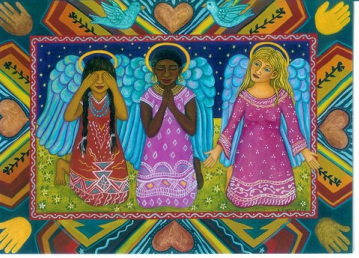
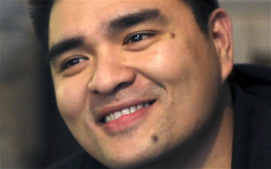
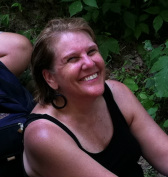
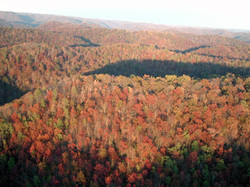
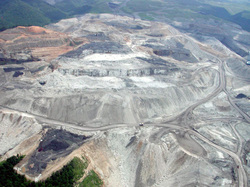
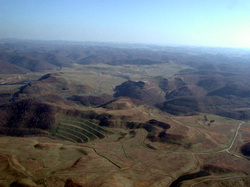
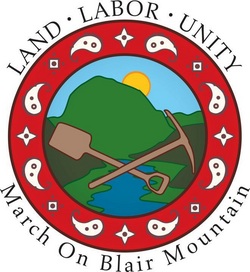
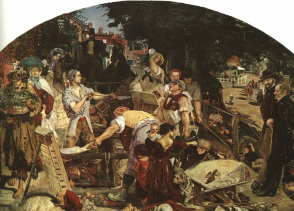
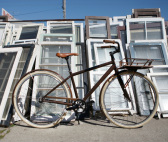
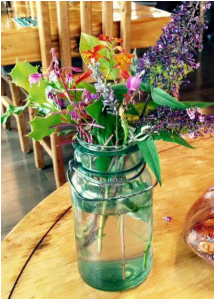

 RSS Feed
RSS Feed
